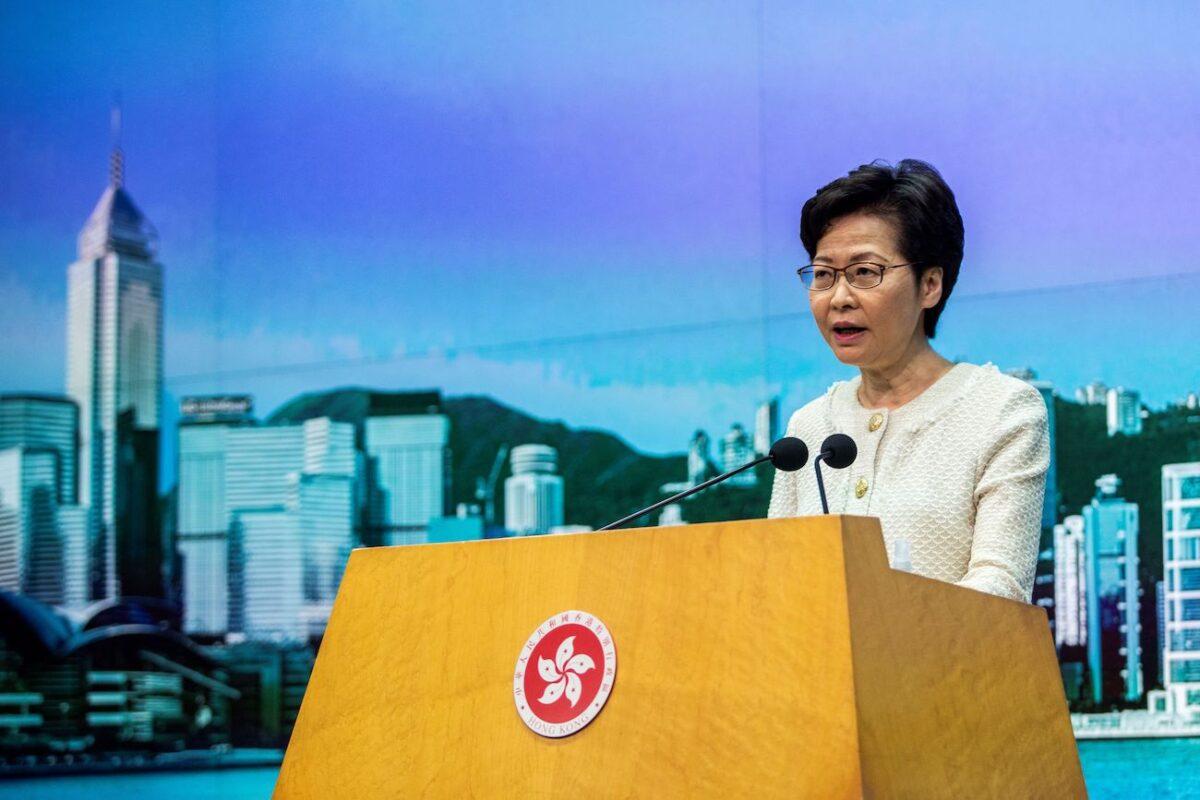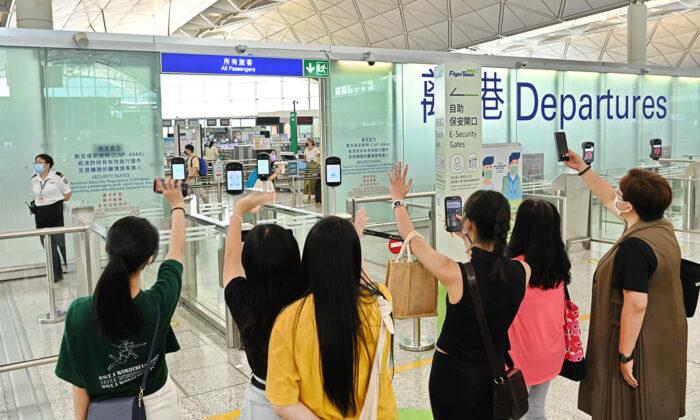Australia has, for the past year, been denied access to a citizen arrested in Hong Kong for alleged “subversion” under the territory’s sweeping national security law, Canberra officials confirmed on Tuesday.
The individual is currently awaiting trial and could be jailed for life if found guilty.
The Australian Department of Foreign Affairs and Trade said they were notified of the person’s arrest in January last year but were denied consular access multiple times, citing that Hong Kong no longer recognizes dual citizenship.
“The individual is deemed to be a Chinese citizen under China’s citizenship laws, which do not recognize dual nationality,” a Canberra spokesperson said, adding that Australian consular officials have attended the court hearings but were denied access to the man despite multiple attempts.
Hong Kong Chief Executive Carrie Lam said in February last year that the city would not recognize dual nationality according to the SCMP report. The declaration subsequently prompted both Australia and England to change their travel advice for the territory.

She said that Hong Kong residents of Chinese descent who were born in the territory or in mainland China were all considered Chinese nationals and therefore not entitled to consular protection from other countries, adding that her government would “strictly enforce” the policy.
Lam also added that under the new policy, only foreign nationals were entitled to consular protection under the Vienna Convention on Consular Relations, an international treaty that defines and protects consular relations between sovereign states.
In an interview with the city’s local media HK01 in March 2021, Elizabeth Ward, Australia’s Consul-General in Hong Kong, urged the Hong Kong authorities to respect the human rights and freedoms conferred by the international treaty and the territory’s Basic Law.
Ward pointed out that the city’s government unilaterally changed its long-standing practice last year, which allowed foreign consular officials to visit Hong Kong residents with other nationalities.
The incident has sparked discussion on Hong Kong’s social platforms, and many were calling for those with foreign citizenship to leave the city for safety reasons.
The suspects were often denied bail, and many have been detained for long periods before trial.
“Australia and many other countries have expressed concern about the erosion of basic freedoms and autonomy in Hong Kong and have called on Hong Kong and Chinese authorities to abide by their human rights obligations,” the Australian foreign affairs department said, adding that its officials have been able to attend court hearings and were “in regular contact with the individual’s lawyers.”
Joseph Cheng, a retired political science professor at the City University of Hong Kong, told The Epoch Times that until June 2020—when the national security law was enacted—Beijing had always “turned a blind eye” to Hong Kong residents with foreign citizenship.
However, the sweeping National Security Law now regards Hong Kong residents holding foreign passports as only Chinese citizens, rejecting their foreign citizenship status.
Hong Kong Political scientist Benson Wong told The Epoch Times that he believes the now unambiguous policy against dual citizenship in Hong Kong will spur the residents’ migration to foreign countries.
“Some Hongkongers [with foreign nationality] stayed in the city for work thinking that foreign citizenships may protect them, but this incident will now propel many to leave Hong Kong,” Wong said.




